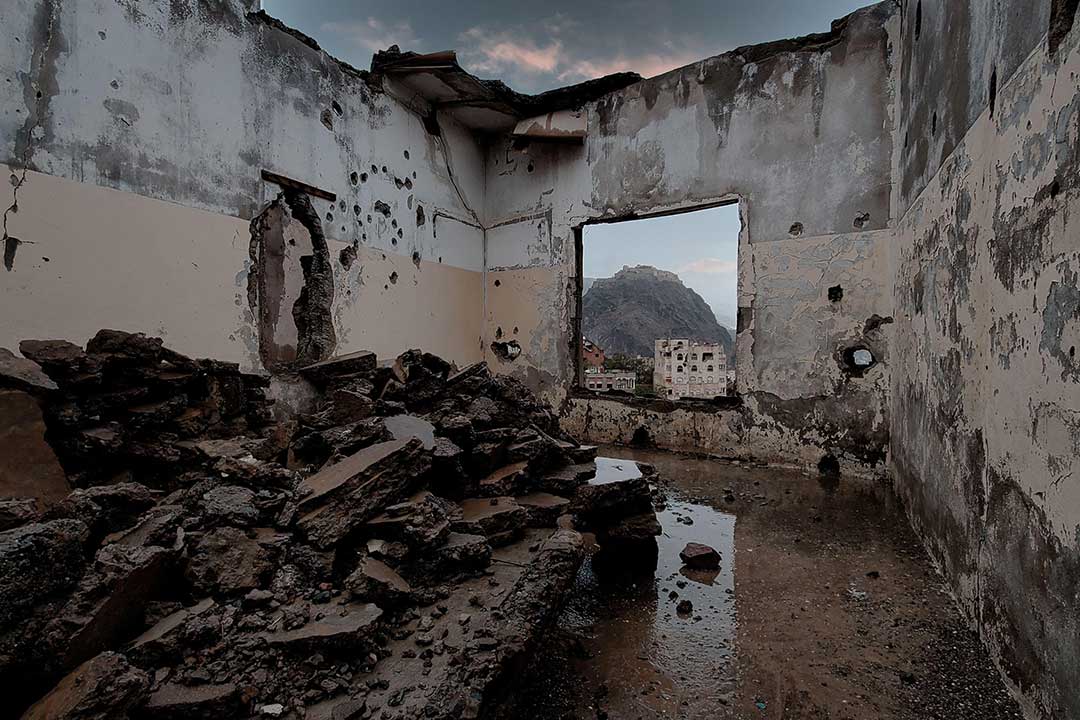Recording: Reviving the Truce and Prospects for Stability and Security in Yemen
An expert-led panel discussion on how the end of the truce in Yemen impacted the humanitarian situation and the prospects for a lasting peace.
The six-month UN-brokered truce in Yemen led to a significant decrease in hostilities on the front lines, reducing civilian casualties while also improving humanitarian conditions. The re-opening of Sana’a airport and the increased flow of fuel through the Hodeidah port positively affected the livelihoods of Yemenis. Yet with the failure of Yemen's warring sides to reach an agreement to extend the truce, the country is now facing intensified violence and a rapid worsening of humanitarian conditions. Children continue to be disproportionately impacted by landmines and other explosive remnants of war. Humanitarian agencies continue to deliver life-saving aid to the most vulnerable households; nevertheless, restricted access continues to affect the ability of the humanitarian community to reach those in need.
The discussion brings together analysts, practitioners and humanitarian experts to explore the challenges linked to renewing and expanding the truce agreement, the implications for the humanitarian situation on the ground, and prospects for a lasting peace in Yemen, including assessing the role the UK can play.
The event, supported by Oxfam, Save the Children, NRC and the Yemen Policy Center, is moderated by Marwa Baabbad, Yemen Policy Center Director and Associate Fellow at RUSI.
Speakers:
The Rt Hon Alistair Burt, former Minister of State for the Middle East at the Foreign and Commonwealth Office and Distinguished Fellow at RUSI
Ahmed Nagi, non-resident scholar at the Malcolm H Kerr Carnegie Middle East Center
Nasser Abdulkareem, Communications Coordinator, Norwegian Refugee Council Yemen

